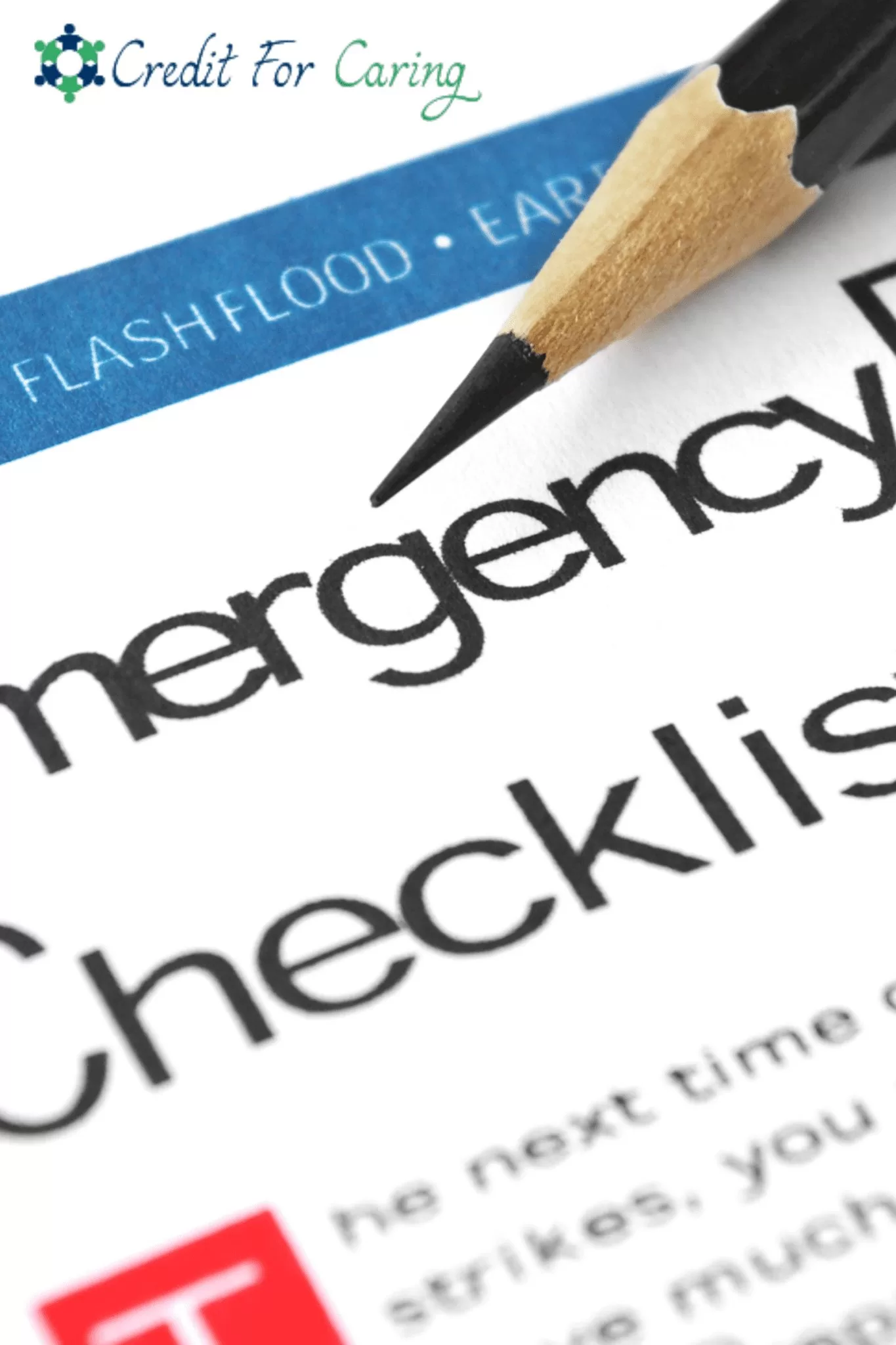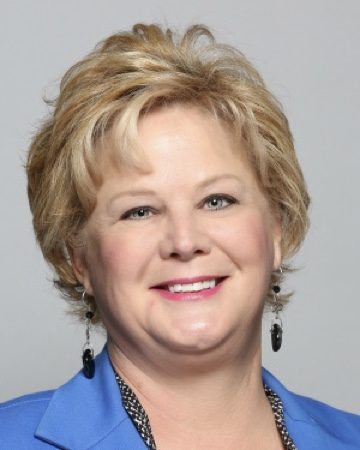
The Federal Emergency Management Agency list these important considerations because your family may not be together if a disaster strikes, so it is important to think about the following situations and plan just in case. As a result, you should consider the following questions when making a plan.
Quick Quiz
- Do you use emergency alert apps on your smartphone?
- What transportation will you use in an emergency?
- In fact, have you updated your phone number and address with your trusted family and friends?
- What is your plan for informing your trusted family and friends that you are safe when an emergency is underway?
- Lastly, what is the designated meeting place where you will meet your trusted family and friends during and after an emergency?
We recommend:
- Order the CreditForCaring Emergency Evacuation
- Keep a one-month supply of medications in the original containers with the prescription clearly visible ready for evacuations. A medical identification card or bracelet is helpful in listing allergies, medications, diagnosis, and emergency contact. Be sure to store the medications as directed which may include a small cooler for items such as insulin.
- Be sure to take along any monitoring, mobility, and other adaptive equipment from CreditForCaring. Pack up older/alternative prescription glasses, hearing aids, and other devices that may work short term in case an item is left behind.
- Keep a suitcase packed with a week of clothes, toiletries, and other personal supplies along with the medical equipment in an easy to reach location, preferably near the most common exit. This will minimize the time and energy devoted to moving things allowing for more time to concentrate on assisting people.




